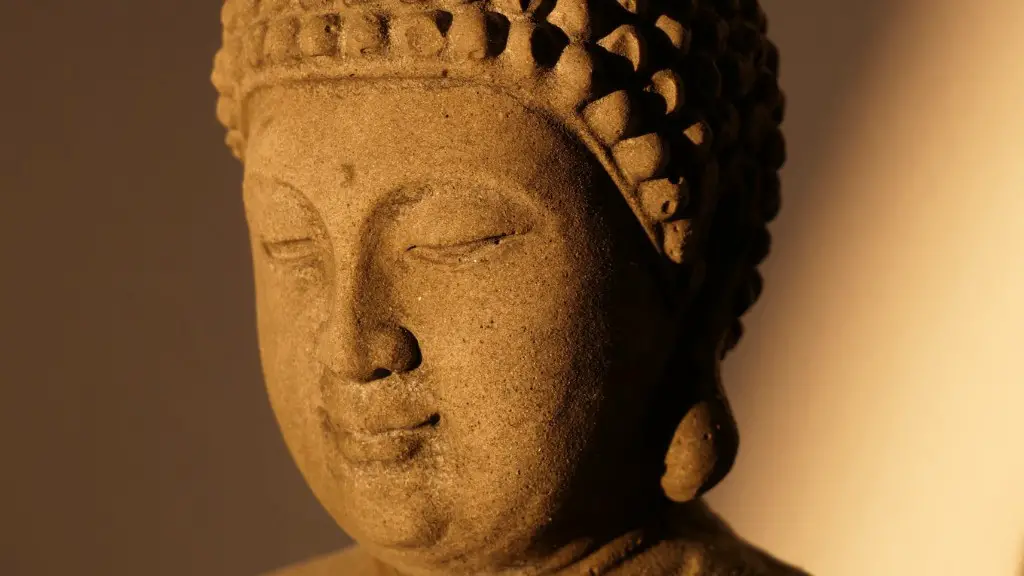Definition
Hinduism is one of the oldest religions in the world with an estimated 1.3 billion followers. It is a polytheistic religion, meaning it has numerous gods and goddesses, and is based on the idea of dharma, a set of moral principles. A central tenet of Hinduism is that every individual has a spark of divinity that should be cultivated through ethical action and proper devotion to one’s chosen deity. Indian philosophy is divided into several distinct schools, each believing in a different set of sacred texts.
Types Of Religious Books
There are several different types of religious books in Hinduism. The most important of these are the Vedas, which are the oldest and most sacred texts in Hinduism and form the basis of its beliefs. The Vedas describe the nature of the universe, the gods and goddesses, and other aspects of life. The Upanishads and Puranas are two other main types of religious books in Hinduism. The Upanishads are documents of philosophical debate and wisdom, while the Puranas are collections of mythic stories and religious texts.
Number of Religious Books
Hinduism has no single canonical text as other religions do. Instead, Hindus believe that all the sacred texts of their religion are equally important and should be read and studied. Estimates of the total number of religious books in Hinduism range from more than 4,000 to around 200,000, depending on the type of book and how it is classified. In addition to these texts, Hinduism also includes numerous oral traditions, chanting mantras, prayers, hymns, and rituals that form a large part of the religion.
Importance
The various books in Hinduism provide guidance and teachings to followers of the religion on how to live a moral life. The teachings in these sacred texts are believed to be the words of the gods, so they are highly respected and revered by Hindus. In addition, these religious books provide insight into the divinity of all living things and the interconnectedness of all life, which is a core belief of Hinduism.
Preservation
The number of Hindu religious books is increasing as new texts are written and published. Hindus take great care in preserving their scriptures as they are considered to be divine and are thought to provide them with lasting spiritual guidance. The texts are kept in special libraries or ashrams and are often passed down through generations via oral tradition.
Differences of Opinion
Hinduism is diverse, so there are many different interpretations of its teachings and texts. As a result, there is no single set of beliefs that all Hindus adhere to. In fact, there are about 900 million followers of the religion and each has their own unique beliefs and customs.
Modern Hinduism
In recent years, Hinduism has become more modern and tolerant of other religions. This has led to greater understanding and acceptance of different beliefs among Hindus. As a result, some religious texts are open to interpretation and discourse. This encourages Hindus to think more deeply and critically about their beliefs, as well as allowing them to engage with other religions in a more accepting and respectful way.
Hinduism and Technology
Hinduism has embraced modern technology to further its teachings and make them more accessible. Increasingly, Hindus are using the internet and digital tools to study their religious texts and share their beliefs with others. For example, many websites and apps have been created to provide information on the latest religious news and teachings, as well upcoming festivals and events.
Hinduism and Popular Culture
Hinduism is growing in popularity and is increasingly represented in popular culture. Films, television shows, and other forms of entertainment often feature Hindu characters and teachings, helping to educate viewers about the religion and its values.
Dynamic Nature Of Hinduism
Hinduism is a dynamic, ever-evolving religion that is constantly adapting to changing times and interpretations. This is evident in the vast array of religious books that exist within Hinduism, which reflect its diverse and multifaceted nature. As Hindus look to the future, it is likely that the number of sacred texts and interpretations of those texts will continue to grow.
Adaptation To Modern Problems
Hinduism has adapted to modern day problems, such as environmental degradation, poverty, and violence. As a result, there has been a push for new religious texts that speak to these issues and provide guidance on how to address them. This is an encouraging sign that Hinduism is opening up to new ways of thinking and is willing to engage with modern issues.
Political Impact On Hinduism
Political events have had an impact on Hinduism, especially in India. In recent years, there has been a rise in the number of hardline Hindu nationalist groups and their stringent religious demands. This has caused many Hindu religious texts to be censored or even banned, as well as influenced the interpretation of existing texts in terms of their political implications.
Abroad
Hinduism is also growing in popularity abroad, especially in the west. As more people in the west begin to practice the religion, there is an increased demand for Hindu religious texts in English and other languages. This has led to an influx of translations and new interpretations of existing religious texts that are accessible to a wider audience.
Conclusion
It is clear from this overview of Hinduism and its religious books that the religion is complex and diverse. There is no single set of beliefs that all Hindus adhere to, and the interpretations of religious texts vary from one person to another. The number of religious books in Hinduism is vast and growing, with new texts being created and existing texts being re-interpreted in the context of modern times. In the future, it is likely that the number of religious books and interpretations will continue to grow, further enriching our understanding of Hinduism.
